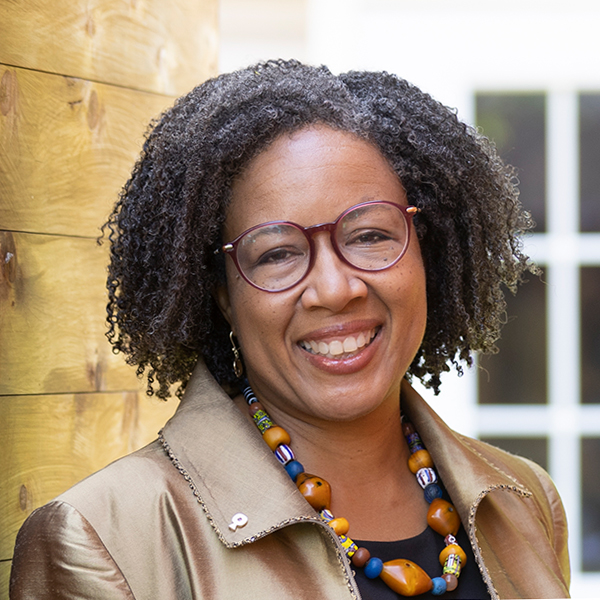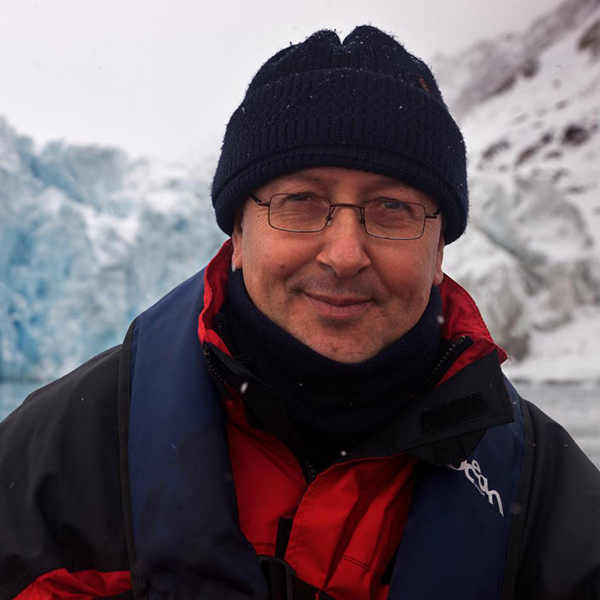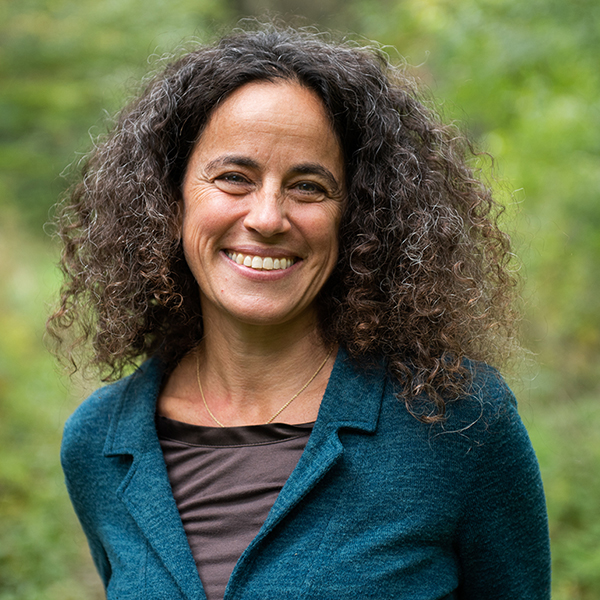In February, as the evidence mounted that SARS-CoV-2, the virus responsible for COVID-19, was spreading to a growing number of countries across the globe, a select group of medical experts travelled to the World Health Organization’s headquarters in Geneva, Switzerland, for a special planning session. The purpose? To plot the WHO’s response to what was clearly becoming a major threat to international health.
One of the attendees at this special WHO forum was Srinivas Murthy, MDCM’06, a clinical associate professor of pediatrics at the University of British Columbia and an infectious diseases and critical care physician at BC Children’s Hospital.
A global health specialist, Murthy took part in the WHO’s efforts to contain the Ebola outbreak in Liberia in 2014. Today, he is playing a major role as the WHO confronts a new pandemic.
He is the co-chair of the WHO’s clinical research committee on COVID-19. He is also the head of the Canadian Treatments for COVID-19 (CATCO) trial, part of the WHO’s international Solidarity effort, an initiative involving researchers from dozens of countries that is assessing existing drugs like remdesivir, lopinavir/ritonavir and hydroxychloroquine to see if they can be used to help treat COVID-19. Several McGill researchers are involved in CATCO and some were part of a recent study that concluded that hydroxychloroquine was not effective in preventing COVID-19 in patients who had been exposed to the SARS-CoV-2 virus.
Murthy recently spoke to the McGill News about his work with CATCO and Solidarity.
In February, you took part in the planning forum at WHO headquarters in Geneva to come up with a strategy for addressing the COVID-19 outbreak. What was that like?
It feels like it happened a world ago. The main thing that came out of that was an agreement that we needed to have a coordinated approach to clinical trials and vaccine development and epidemiological studies. And that has certainly been our approach with Solidarity. We recognized the need to work together as much as possible across borders and with the whole planet in mind rather than simply looking at one country at a time.
You are leading the Canadian portion of the Solidarity trial and collaborating with partners in other countries. How has that been going so far?
Well, I have been spending a lot of time on Zoom. When you cast your net that wide, you do come across a lot of competing interests that can make [such partnerships] very challenging. But we all recognize the importance of the principles behind this research partnership and what we are aiming to do by working together. The typical ways [of doing research] don’t necessarily work in the context of something like a pandemic. By working together, we can come up with answers more effectively and more quickly. There is widespread agreement on that, but it can still be tricky at times. There’s a saying – everyone wants coordination, but no one wants to be coordinated.
The research itself has been going well. There are all kinds of clinical trials underway, but the key to all this is really the patients that are included in the trials. We don’t know what works for COVID-19 yet, so we need outpatients and inpatients who are ill. We need to study [these potential treatments] to see what we can do better to help those patients. All patients should have access to [potential treatment], regardless of where they are and regardless of who they are. Providing access to these clinical trials is almost as important as providing access to care, because we want to make sure we learn as much as possible from each patient in the hopes of coming up with answers that can benefit as many patients as possible.
How important is it to apply Solidarity’s multi-country approach to this research?
If you are working on your own, it’s relatively easy to get your own small study up and running, but you probably won’t learn that much from a limited sample. It’s harder to [create partnerships] across regions and across borders to do something that is much bigger, but statistically it’s more effective when you can prove your results that way.
Trying to answer questions by yourself is far less useful than trying to answer them along with everybody else. And I think all the traditional barriers to that, whether it is individual recognition, individual ownership, publication policies – those things aren’t as important as answering the question and answering the question in an effective way.
What’s it like to do research in the current climate where so many people are anxiously searching for treatment options? And then there’s all the media coverage out there with conflicting and at times sensationalistic reports about some of the drugs you are examining.
There is definitely a huge amount of pressure associated with this work. I think we all feel it. Governments want answers, patients want answers, clinicians want answers. Hopefully we’ll be able to deliver on that.
I do a lot of clinical trials and this is a very unusual context to be working in. The public discourse [around some of these drugs] keeps shifting. But our job is stay focused and to do the work in a scientifically rigorous manner.
How hopeful are you that Solidarity will result in treatment options?
I’m quite hopeful that our work will have an impact and that something will be found that benefits patients – but none of the drugs that we’re examining will be a cure. There won’t be anything [in this trial] where we’ll be able to say if you take this medicine, you’ll be 100 per cent fine. What may happen is that we’ll find something that can shift mortality a small amount and that would still be a very significant finding when you apply it to an outbreak that is affecting the entire world. We may find a few things that provide incremental benefits.
We aren’t limited to the drugs that we are already studying. If we come across something else and we see that it is widely available and there is a scientifically reasonable case to be made that it might be useful [for COVID-19], we can look at that too.
What kind of timeframe are you looking at with this work?
New patients are being randomized all the time. We are looking at the datasets constantly so when things seem to be effective, or when we see problems, they will be reported as such. The goal is to get useful information out there as quickly as possible.
The Trump administration in the U.S. has been sharply critical of the WHO’s work during the early days of the pandemic. What are your thoughts on that?
I think, fundamentally, the job of the WHO is to coordinate global health and they are the best at it and they have the most expertise and the most experience. Since the beginning of this outbreak, they have been notifying the world about the current trajectory of the pandemic, based on the best data that was available, and they have been calling on countries to appropriately prepare themselves. Not everyone listened and subsequently some countries have complained after they didn’t listen, once things got bad, and someone needed to be blamed. As the global coordinating body, the WHO seems to be the scapegoat in that regard.
Has every decision that was made by [the WHO] during this pandemic been perfect? No. But no country has had a 100 per cent hit rate on the public policy and public health decisions that it made during this pandemic. Based on the evidence that’s been available and the best modelling that’s available, the WHO has been batting at a really high percentage in its decision-making. My hope is that this pandemic will help us realize that collaboration and coordination on a global level is the best way for going forward, that we come up with better answers when we work together. My fear is that blaming everybody else for the problems that [developed in your country] is going to be the law of the land after this.
What are some of your other concerns about this pandemic?
I worry that once an effective treatment is found, equity is not going to be the first and foremost concern. While the case counts are high in the U.S. and in the U.K. right now, the burden of deaths, if this continues to propagate, will fall most heavily on lower income countries. We really need to come up with something that can be equitably accessed by the world. That is one of the fundamentals of the Solidarity approach. Everything we study needs to be available, with clear pathways to affordability and clear pathways for access. Otherwise, there isn’t much point in doing this.


